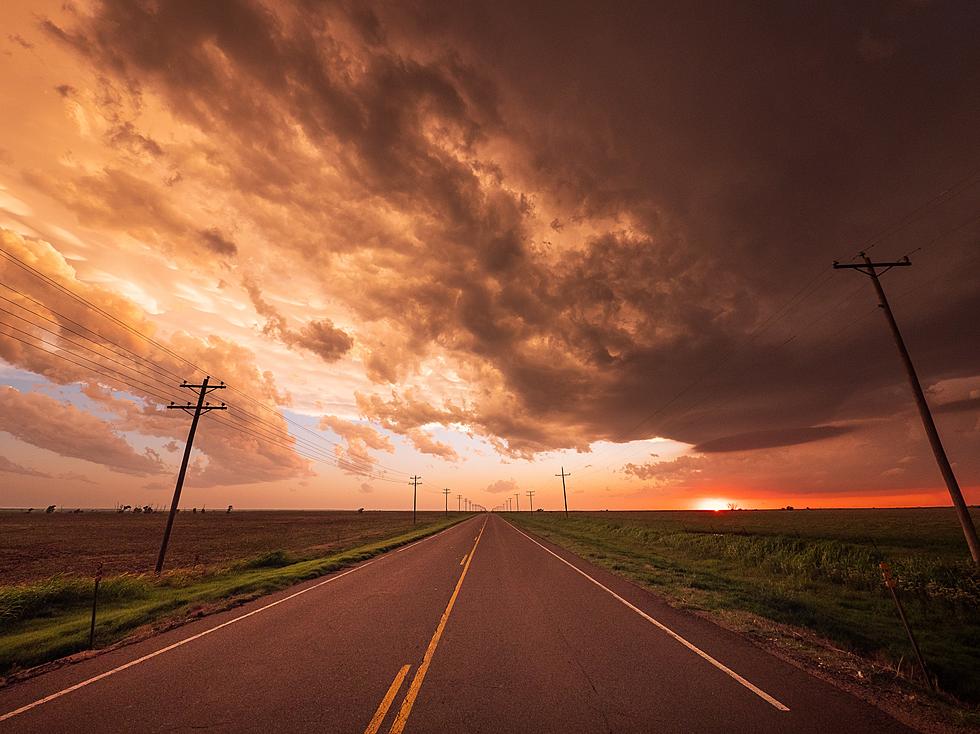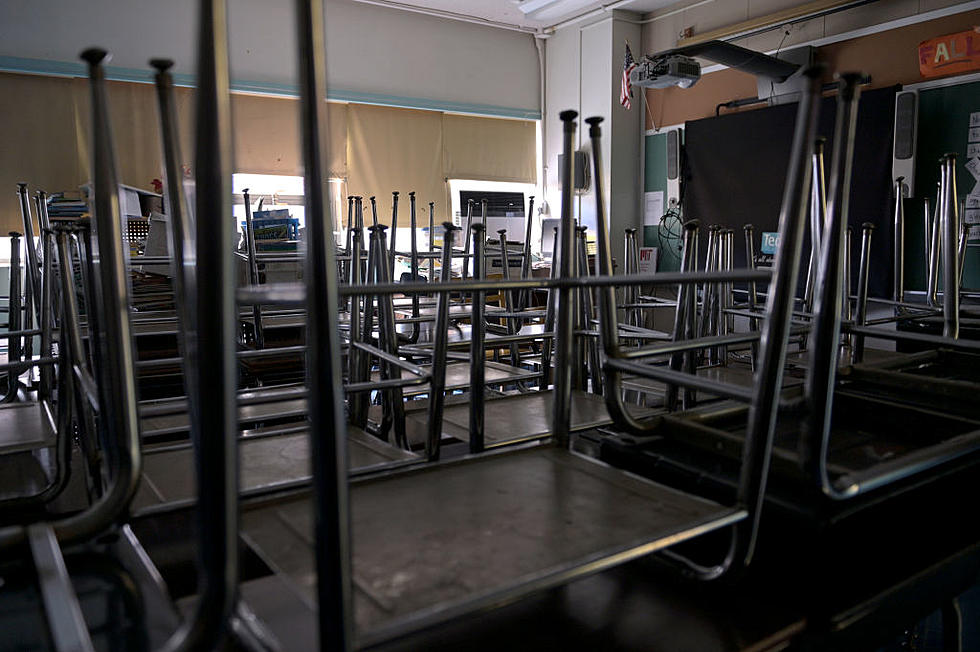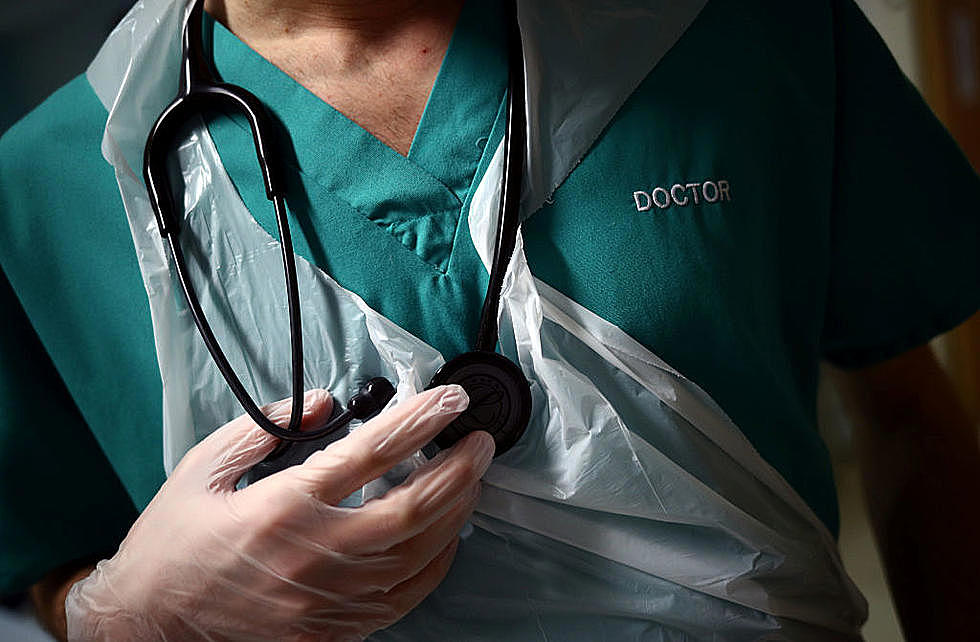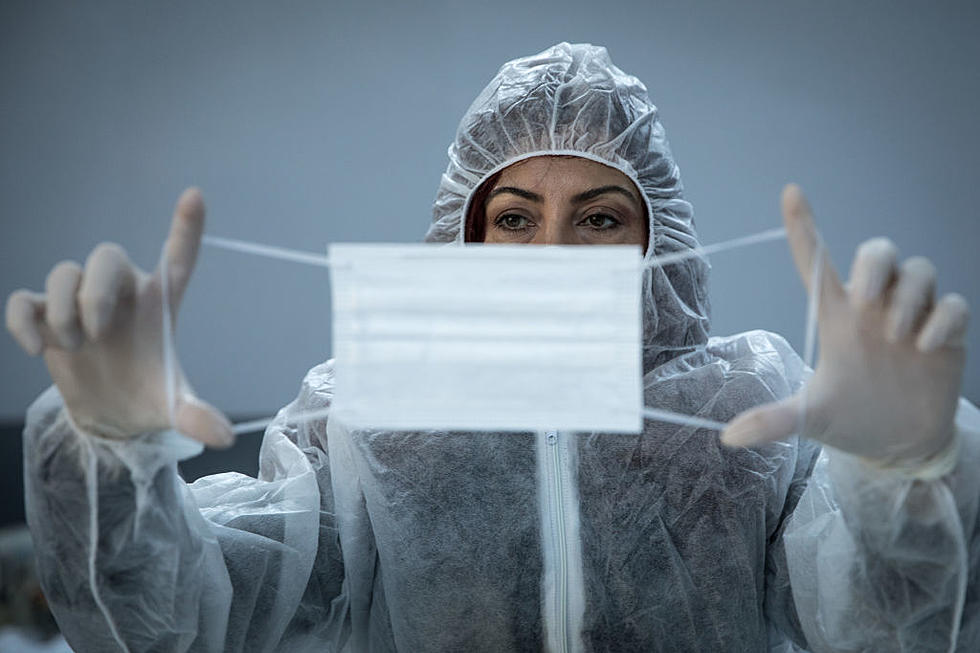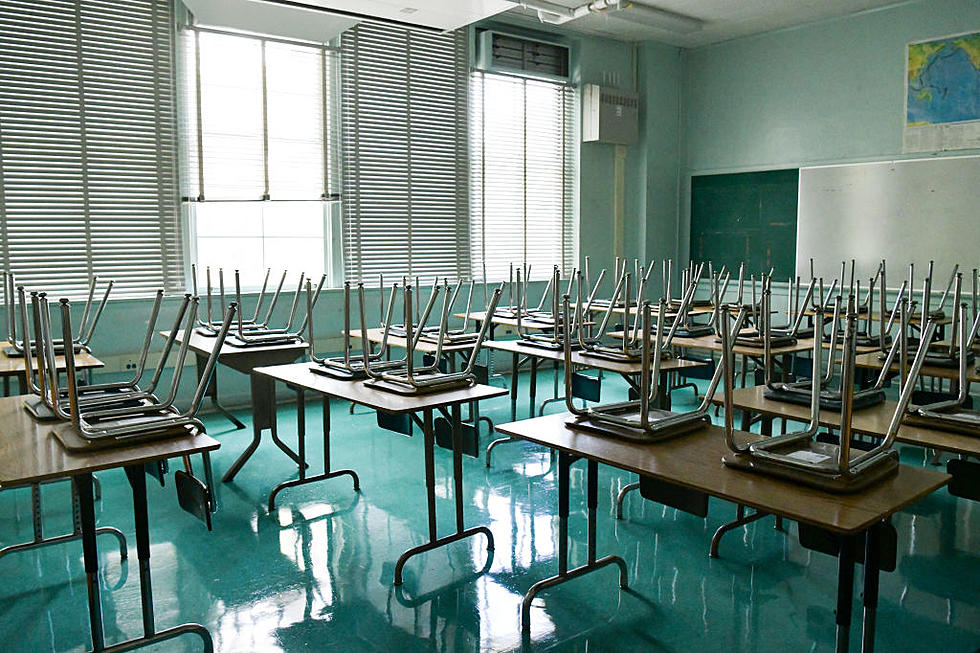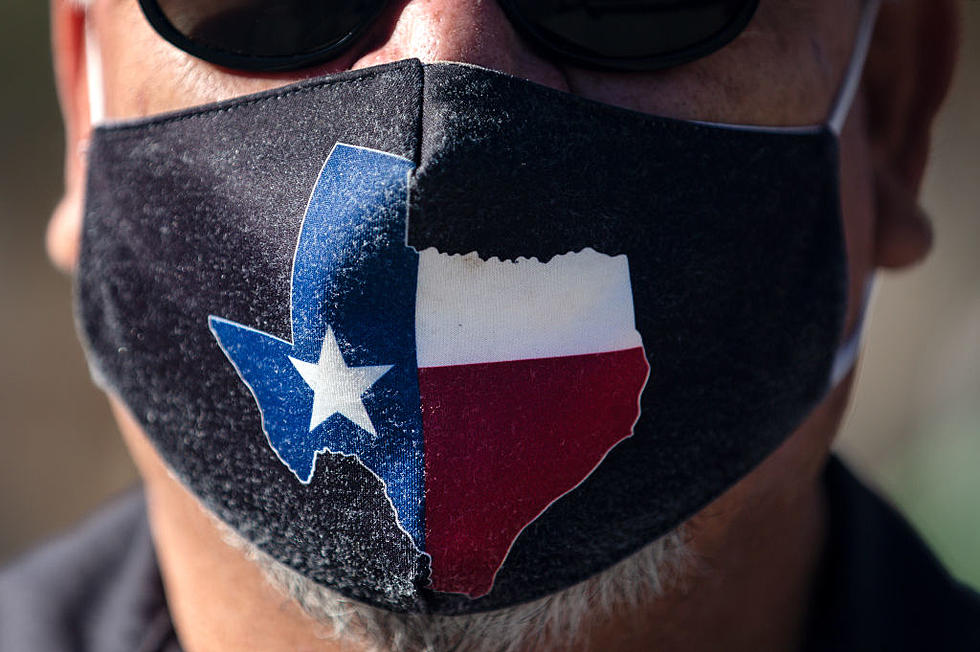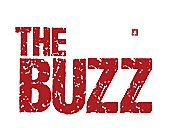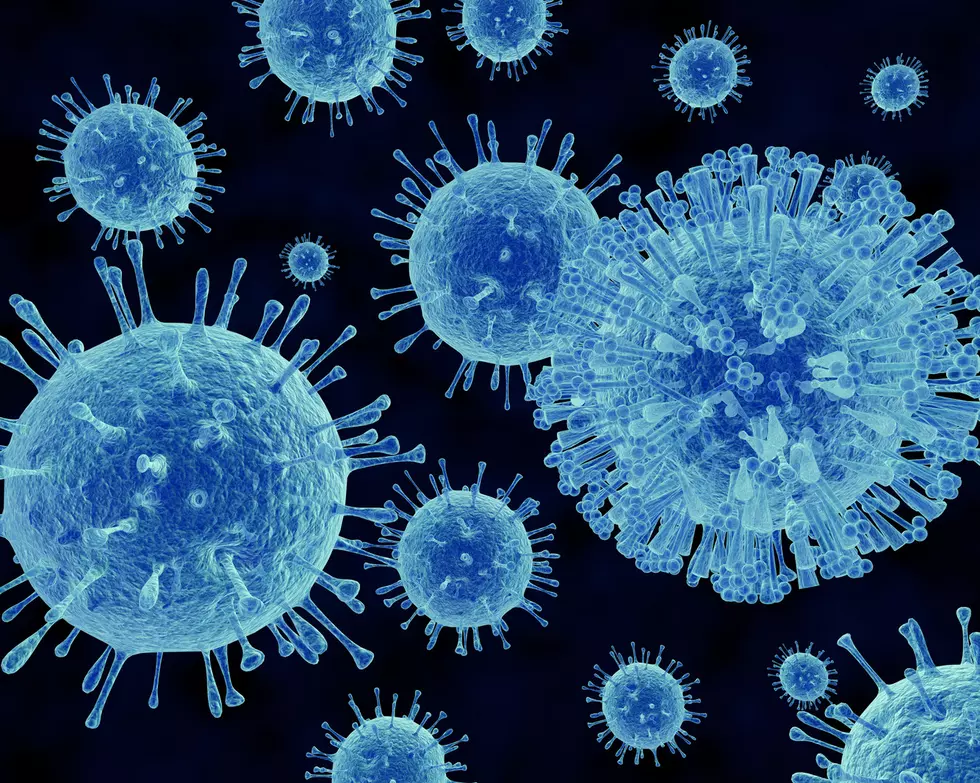
Is COVID-19 Really Spread by the English Language?
A new report published by COVID19Data.com says that COVID-19 is more easily spread by the English language than by other softer languages.
What? This sounds like part of the story line to one of my favorite zombie movies. We'll get to that in a bit, first, here's the gist of the English language thing. Some languages are soft and smooth with few aspirated consonants. The sounds of a "T", a "K" or a "P" for instance expel air more forcefully than a consonant like "S" or "M". That extra push from our lungs through our mouths expels more potentially virus laden droplets. The more contagious droplets that land on another person the higher the viral load that they receive and the more likely they are to contract whatever it may be that you have.
That's why the CDC did an about face after telling us that masks won't help and then said, um ... yeah ... you probably should be wearing masks. Reducing the amount of droplets that go sailing away from our mouths and contaminate otherwise healthy people is what masks do. They don't protect you from an airborne virus as much as they prevent you from spreading one if you happen to have it.
This is true of the common cold, the seasonal flu, and COVID-19. Nothing new there. This study just looked at the coronavirus infection numbers of 26 different countries back in March (before masks were a thing) and caught the significance of the language as a factor in transmission of the virus. They first picked up on the possibility that language may play a factor back in the SARS-CoV-1 outbreak between 2002 and 2004.
All of this is interesting in an academic sort of way and simply reinforces the fact that the best way to avoid contracting COVID-19 or any other virus is to do what your mother taught back in third grade. Wash your hands. Cover your mouth when you cough or sneeze. Don't shake hands with someone right after you've coughed or sneezed into it. Keep your distance from people who are noticeably sick. And, yes, wearing a mask when you're in a crowded situation will reduce the spread of any virus. The usual precautions will go a long way toward keeping you healthy.
Now, back to the living in a sci-fi / zombie movie thing. All of this reminded me of one of my favorite movies. Several years ago a friend recommended a zombie movie called Pontypool to me and I replied that I'm really not into the whole zombie thing.
He said, "But it all happens inside a radio station."
Now he had my attention, I went down the street to Blockbuster (remember them?) and checked it out. They said they had it for rent or sale. I just rented it. I bought the DVD before I brought it back to them.
In the movie you have an ensemble cast broadcasting from the basement of an old church that had been converted into a radio station. Since the movie takes place before smartphones and social media all contact with the outside world is over the telephone. There are very few zombified people actually shown in the film, but you'll hear about several of them via On The Scene reporters and the rest is up to your imagination.
The connection (spoiler alert) is that there is a message in French explaining the cause and transmission of this weird virus that's turning people into zombies and at the end of the message it says, "Do not translate this message into English."
Oops. They just infected the whole world from a tiny little radio station in Canada.
CHECK IT OUT: 10 Items Might Be in Short Supply This Winter
More From 106.3 The Buzz
